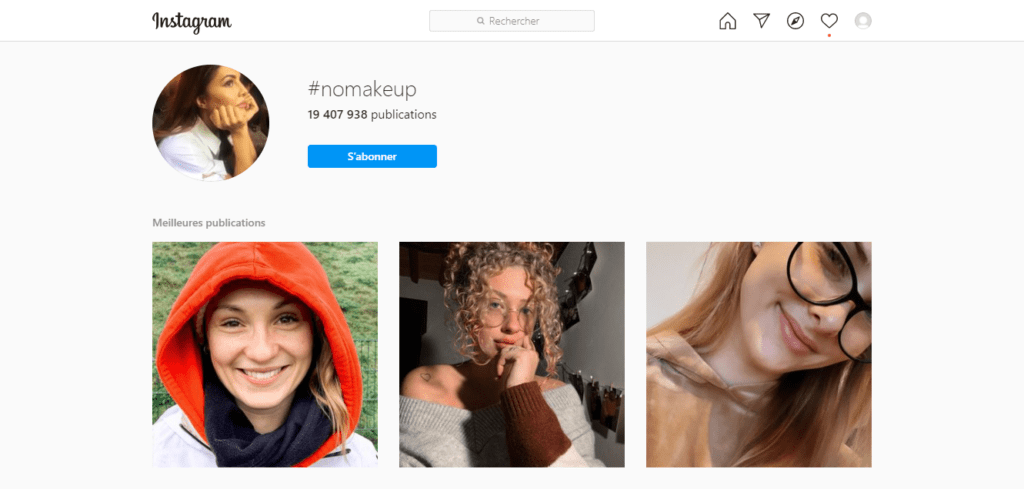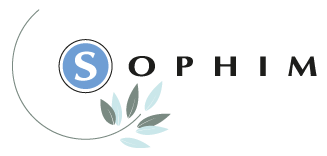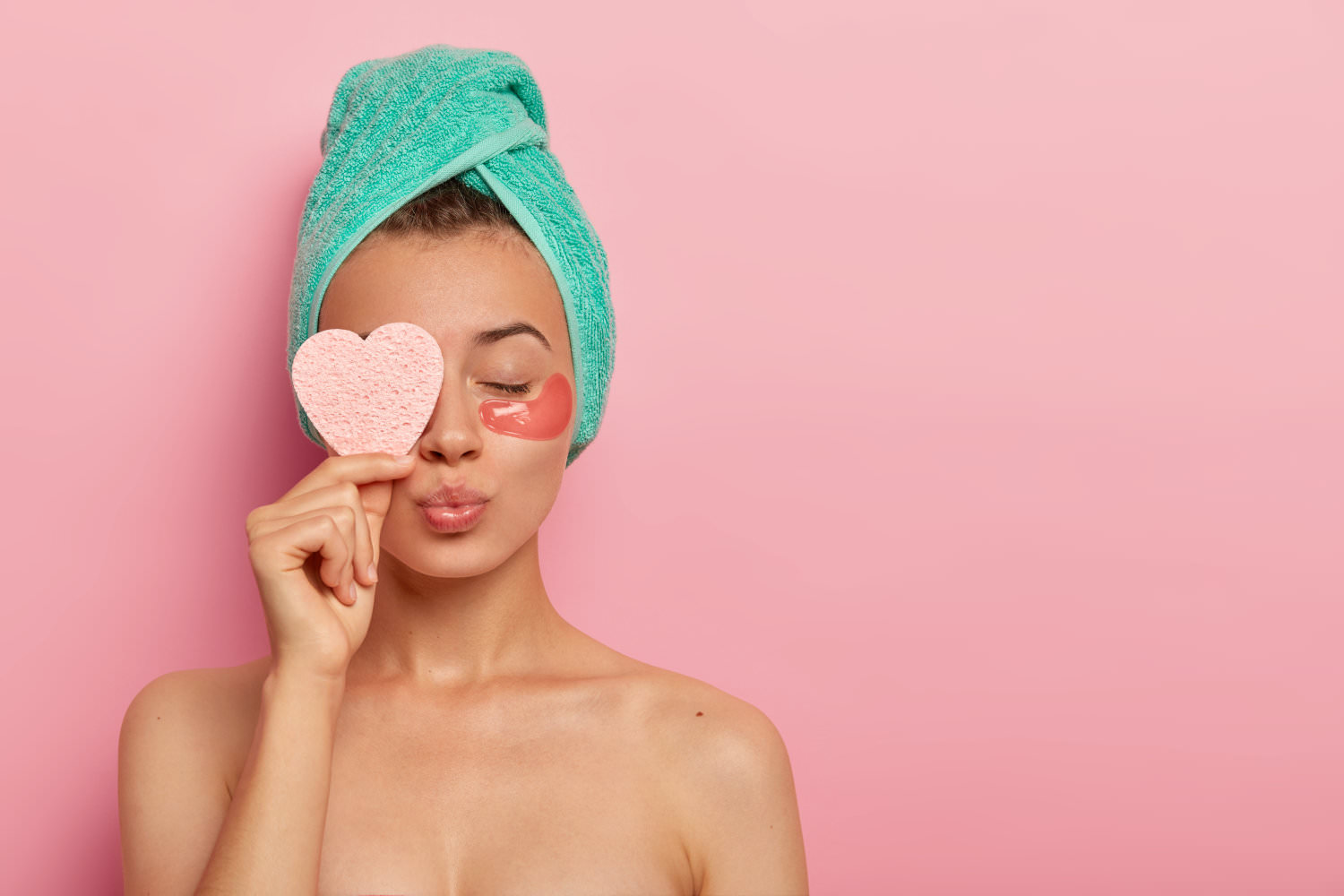Covid-19: immediate international repercussions
The year 2020 is closely linked to the emergence and then rapid spread of the Covid-19 pandemic. Its consequences were abrupt and unprecedentedly sudden for our age groups, and affected all sectors of activity and all regions of the world. Although cosmetics was not the hardest hit sector, it was affected in several ways by the health crisis.
New hygiene rituals
The promotion of protective measures by the WHO and the authorities in many countries resulted in a real ritualisation of handwashing.
More than 9 out of 10 consumers wash their hands at least twice a day, and 6 out of 10 consumers wash their hands at least 5 times a day. Women are more aware to these new hygiene measures: 65% of women wash their hands at least 5 times a day, compared to 54% of men1.
Disinfectant products (wipes, spray or hydroalcoholic gel) are now part of everyday life. More than 6 out of 10 consumers use them at least twice a day. Their use is particularly widespread among people in their thirties2. This trend is global: in China, for example, three quarters of consumers disinfect their hands daily3.
Make-up smothered by lockdown and working from home
Lockdown and working from home diverted women from their make-up routines. In France, for example, the proportion of French women who wear make-up daily is twice as low in 2020 (21%) as in 2017 (42%)4.
Wearing masks has changed consumer habits. 44% of women who wear make-up regularly reported using less face make-up in 2020 compared to the previous year. Lipstick is the biggest loser in the health crisis; almost two thirds of French women have stopped using or use less lip make-up5. Conversely, sales of mascara have risen sharply.
Send us a message!
This phenomenon is global and is spreading on social networks: on 11 December 2020, the hashtag #nomakeup, for example, included nearly 20 million posts, and #nomakeupselfie nearly 570,000 posts.

Care and well-being at the heart of cosmetics
The decrease in use of make-up did not translate into an overall decline in the cosmetics sector. The successive lockdowns contributed to the development of the use of beauty care products. Beauty masks, creams, serums and lotions attracted more and more consumers.
Establishing a beauty routine becomes a real refuge in difficult times. Valuing an experiential approach, focused on positive body and well-being is a perfect response to the situation. Playing with textures and formats is one of the avenues being explored by many brands today.
The daily use of disinfectant products constitutes an aggression for the skin, and also leads to an increase in the consumption of moisturising and repairing creams and lotions.
Sophim offers you squalane, a repairing emollient, to reduce dehydration and dryness of the skin.
Phytosqualan, repairing emollient : to try out!
Digital media, simply unavoidable
The administrative closure of many businesses, the lockdown and development of working from home brought digital media to the forefront.
In June and July 2020, digital media became the second most influential source for consumers, ahead of traditional media, recommendations from relatives (friends or family) or advice from cosmetics experts6.
Online sales also grew. Online sales, for example, increased by 73% in value between April 2019 and April 20207. The digitalisation of sales was already a fundamental phenomenon before 2020, but Covid-19 has been an accelerator.
Cosmetics in search of well-being, naturalness and sensual experience
Between now and 2025, many trends will emerge in cosmetics as a result of consumer education, the quest for naturalness, and the need for well-being. Sophim deciphers these major and accelerating trends for you.
Check out our updated 2024 trend report!
Increasingly popular emollient products
Demand for antibacterial and antiseptic ingredients grew strongly with the health crisis, and this growth should be maintained or continued over the next few years. What are the consequence of these new disinfection rituals? The increase in emollient products, whose skin hydration and dryness-reduction properties are well known.
Sophim forms part of this basic trend by offering you a selection of emollient products of natural origin:
- PHYTOSQUALAN: squalane of vegetable origin, obtained from the olive
- INSAPOLIVE: unsaponifiable fraction of olive oil, enriched with squalene.
- BIOPHYTOSEBUM: natural emollient, dry to the touch, also obtained from olives
Discover all our natural emollient products for cosmetics.
Contact Sophim
Hemp would smell as sweet
This easy-to-grow plant lends itself to many applications in a wide variety of fields. In particular, it gives an oil with numerous cosmetic properties, which is fully in line with the current well-being and beauty trend.
Sophim meets the growing needs of cosmetic professionals with an organic hemp oil that is used in many formulations for hair, body and face care.
Healthier, more environmentally friendly ingredients
Concern for the environment and the search for formulations with healthier ingredients are in line with a search for well-being and personal fulfilment. One out of two French women who decided in 2020 to wear less make-up, or to wear it less often, cite as a reason the desire to limit the use of chemicals that are potentially bad for the skin. Nearly 30% of them also state that the environmental cause and animal welfare are among the determining criteria behind this choice8.
The environmental impact is based as much on the natural origin of the ingredients as on their biodegradability. Sophim offers a wide choice of cosmetic vegetable oils, which are appealing to a growing number of brands and consumers.
Beauty is also about nutrition
Beauty is also increasingly based on a systemic approach. In addition to the external use of creams, serums, lotions or even solid cosmetic products, consumers are increasingly associating healthy and natural food supplements for a better complexion and silkier hair, and so on.
This development is in line with the basic trend that emerged during the health crisis. This increasingly strong need to combine beauty and well-being is part of a “positive body” logic: taking responsibility for oneself and feeling better about oneself, and fully assuming one’s assets and (rare) imperfections.
In search of meaning, agility and proximity
In 2020, the exceptional situation encountered by the participants in the cosmetics industry and consumer demand for more responsible production encouraged professionals to think again and to explore or adopt new practices. New modes of production and supply will be increasingly valued in the years to come.
Shorter and more agile circuits
The challenges of sustainable development are even more present in the minds of consumers, and it has been understood that the mechanics of globalisation and international trade could be durably slowed down by sudden, global events, such as the pandemic of 2020. Securing supply chains is becoming a challenge for many cosmetic brands, as much as new dynamics to rethink and reinvent themselves.
Sophim relies on shorter circuits, with trusted partners, to offer you quality cosmetic ingredients, made from rigorously selected raw materials. We privilege as much as possible getting supplies from Europe and France, as is the case for example for our made-in-France hemp oil. We have been working with the same partners for many years, building a relationship of trust with them that allows us to gain both resilience and agility.
Upcycling, an economic and ecological response
Upcycling consists of recovering co-products from other industries, which were previously unused and destined for destruction, in order to use them as raw materials. The environmental impact is certain: by using by-products from the agri-food industry destined to go unused or to be incinerated, cosmetics professionals are committing themselves to a circular economy approach.
However, upcycling also increases resilience in crisis situations and secures supplies. Unused by-products are less subject to shortages or financial speculation, and represent an additional income for producers in difficult situations. The benefits of upcycling are environmental, economic and social.
In particular, Sophim uses by-products from olive oil production for the manufacture of certain cosmetic ingredients. These by-products are now used in the composition of healthy cosmetic products, of natural origin and respectful of the planet.
Get involved in the future of cosmetics with Sophim
Sophim is renowned for its expertise in ingredients of natural origin. Resolutely turned towards the future of cosmetics, we offer professionals the best products for formulations that are ever healthier and more environmentally friendly, synonymous with sensual experience and pleasure for consumers.
Do you have any questions? You can get in touch with your usual contact at Sophim, contact us on (+33)4 92 33 17 17 or send us a message.
Contact Sophim
Other sources used
1Euromonitor International Beauty Survey (2020)
2Euromonitor International Beauty Survey (2020)
3Mintel Study, 2020
4Ifop for the Slow cosmétique label (2020)
5Ifop for the Slow cosmétique label (2020)
6Euromonitor International Beauty Survey (2020)
7NPD Group ( 2020)
8Ifop for the Slow cosmétique label (2020)
Category: Cosmetics Expertise







